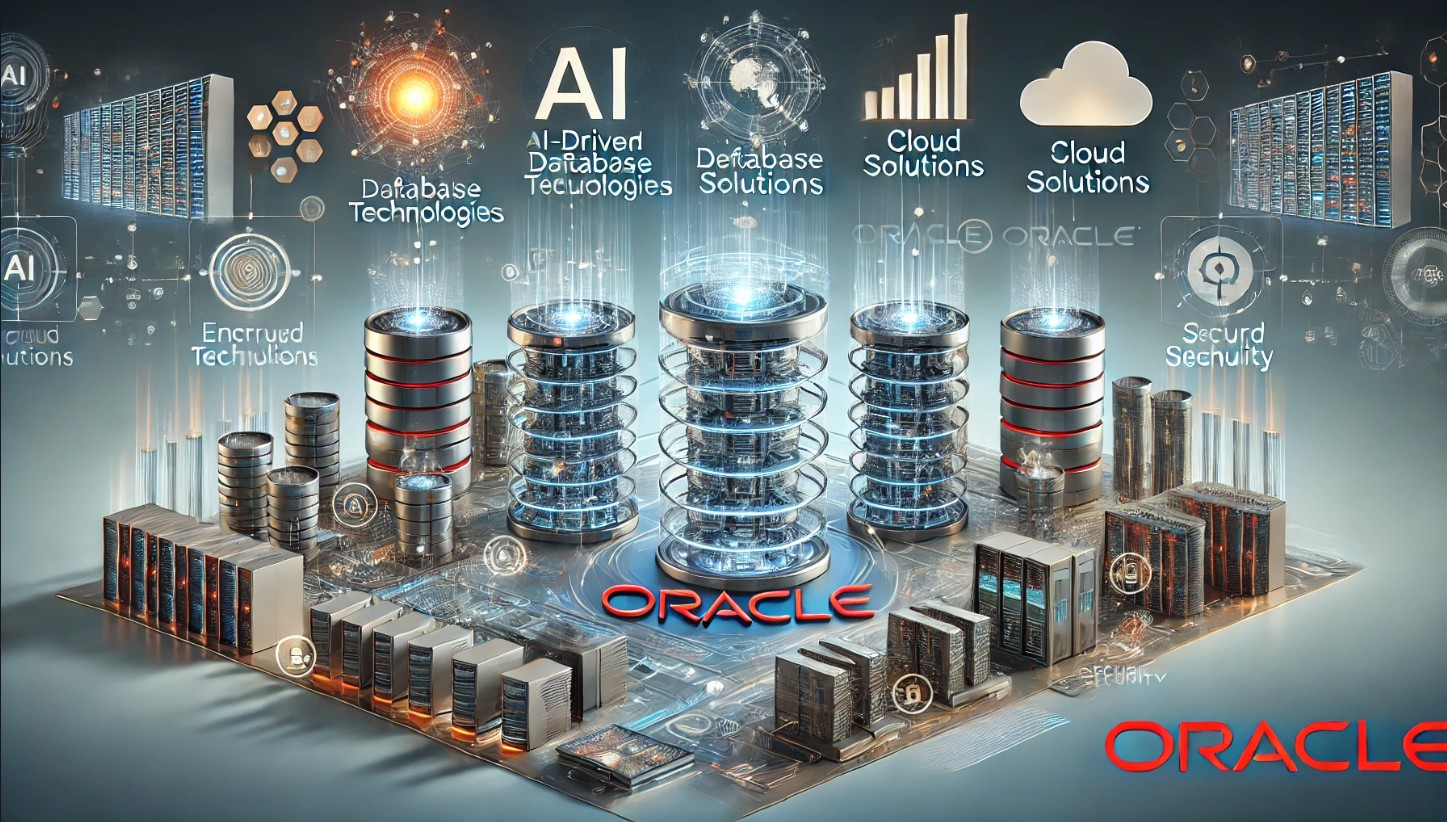Future of Databases: Where Does Oracle Stand?

Introduction
Databases form the backbone of modern technology. As we embrace advancements like artificial intelligence, big data, and the Internet of Things (IoT), the importance of robust database systems becomes even more pronounced. This article explores the future of databases and examines where Oracle stands amidst these rapid changes.
Evolution of Databases
From flat-file systems to relational databases and now to NoSQL and distributed systems, databases have come a long way. The need for scalable, high-performing, and secure systems has driven this evolution. Oracle, a pioneer in the database world, has consistently adapted its offerings to meet these demands.
Historically, databases were limited by hardware constraints, requiring careful planning for storage and retrieval. Relational Database Management Systems (RDBMS) like Oracle Database revolutionized data organization with structured tables and SQL. As the volume, velocity, and variety of data increased, NoSQL databases emerged to handle unstructured and semi-structured data more efficiently.
Today, distributed databases address global demands by ensuring high availability and fault tolerance. These advancements highlight the continuous evolution of database technologies, ensuring relevance in an ever-changing digital landscape.
Current Trends in Database Technology
The following trends are shaping the database landscape:
- Cloud Databases: Organizations are increasingly adopting cloud solutions for scalability and flexibility. Cloud-native databases like Oracle Autonomous Database offer elasticity and cost-efficiency, enabling businesses to focus on innovation rather than infrastructure management.
- AI and Machine Learning: Databases now integrate AI to offer predictive analytics and intelligent query optimization. Oracle employs AI to automate routine tasks, enhance performance, and provide actionable insights.
- Blockchain: Distributed ledger technology is transforming data integrity and security. Oracle Blockchain Platform integrates blockchain for secure transactions, ensuring transparency and immutability.
- Edge Computing: With IoT proliferation, databases are moving closer to the data source to reduce latency. Oracle's edge solutions enable real-time data processing and analytics at the edge of networks.
- Multi-Model Databases: Supporting diverse data types in a single database engine reduces complexity. Oracle Multitenant and Oracle Database 21c exemplify this trend by accommodating various data formats.
These trends illustrate how database technologies are adapting to modern challenges, providing faster, smarter, and more secure solutions.
Oracle's Role in Shaping the Future
Oracle has been at the forefront of database innovation. Here’s how Oracle is addressing the demands of modern database systems:
- Oracle Autonomous Database: Leveraging AI for automated management, scaling, and threat detection. By eliminating manual administration, Oracle ensures high reliability and efficiency.
- Oracle Cloud Infrastructure: Offering scalable, cost-effective solutions tailored for enterprises. Its high-performance compute and storage capabilities set a benchmark for cloud databases.
- Support for Hybrid Models: Enabling seamless integration between on-premise and cloud systems. Oracle’s hybrid cloud solutions provide flexibility for businesses transitioning to the cloud.
- Advanced Security: Incorporating AI-driven threat detection and multi-layered security mechanisms. Oracle’s Data Safe and Transparent Data Encryption (TDE) tools ensure robust protection for sensitive information.
- Commitment to Open Standards: Supporting open-source tools and frameworks enhances compatibility and user adoption. Oracle’s contributions to Kubernetes and MySQL reinforce its commitment to interoperability.
Oracle’s proactive approach to embracing emerging technologies and addressing user needs ensures its continued leadership in the database domain.
Challenges Ahead
While Oracle continues to innovate, it faces challenges such as:
- Stiff Competition: Emerging players and open-source platforms like PostgreSQL and MongoDB offer cost-effective alternatives. Oracle must consistently demonstrate superior value to maintain its market position.
- Seamless Ecosystem Integration: Businesses demand databases that integrate seamlessly with diverse ecosystems, including legacy systems and modern applications. Oracle’s focus on interoperability is crucial to meeting these expectations.
- Real-Time Analytics: Growing demands for real-time analytics require databases to deliver insights with minimal latency. Oracle must optimize its solutions to ensure top-tier performance in this area.
- Data Governance and Compliance: With increasing regulations like GDPR and CCPA, databases must ensure compliance while managing massive datasets. Oracle’s efforts in data security and auditing tools are critical in this regard.
Addressing these challenges will require Oracle to stay agile, innovate relentlessly, and prioritize customer satisfaction.
Conclusion
The future of databases is promising, with advancements pushing the boundaries of what’s possible. Oracle’s commitment to innovation positions it as a key player in this evolving landscape. By addressing challenges head-on and leveraging its technological prowess, Oracle is poised to shape the future of databases effectively.
As businesses continue to prioritize data-driven strategies, Oracle’s holistic approach to database solutions—spanning cloud, AI, security, and integration—ensures its relevance and leadership in the industry. The journey ahead will undoubtedly bring transformative changes, and Oracle is well-equipped to navigate and lead this exciting era of database evolution.